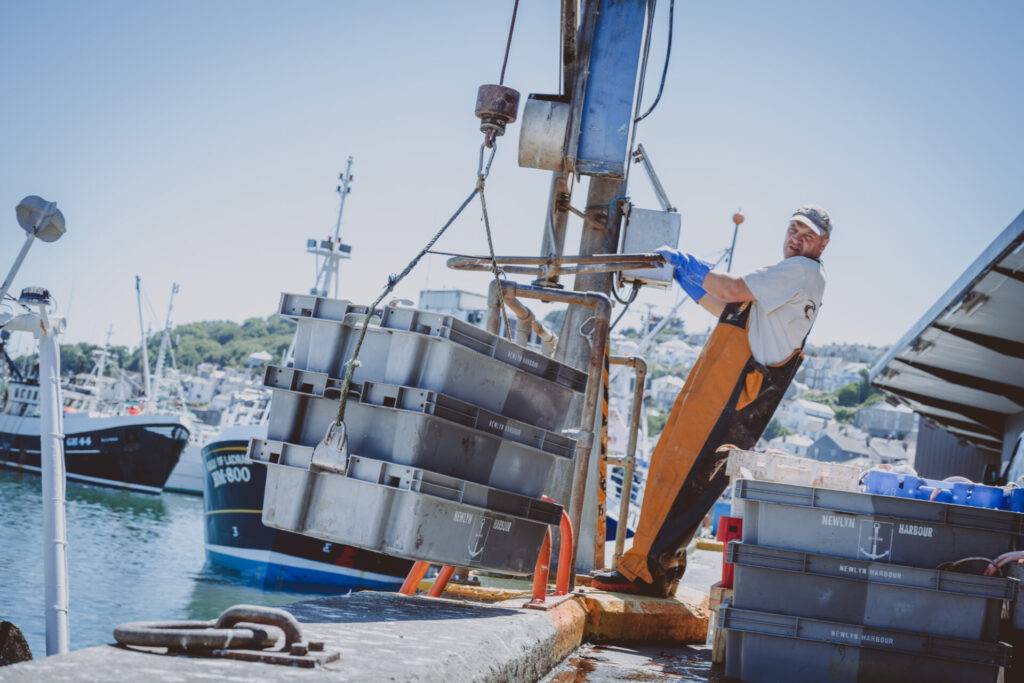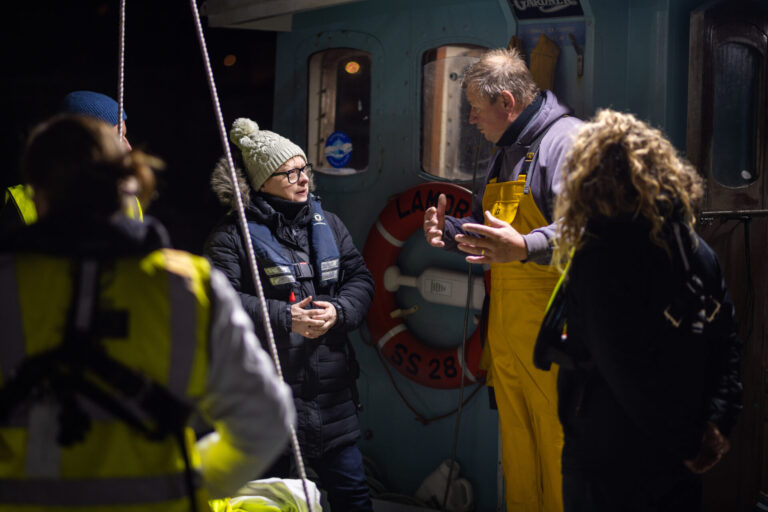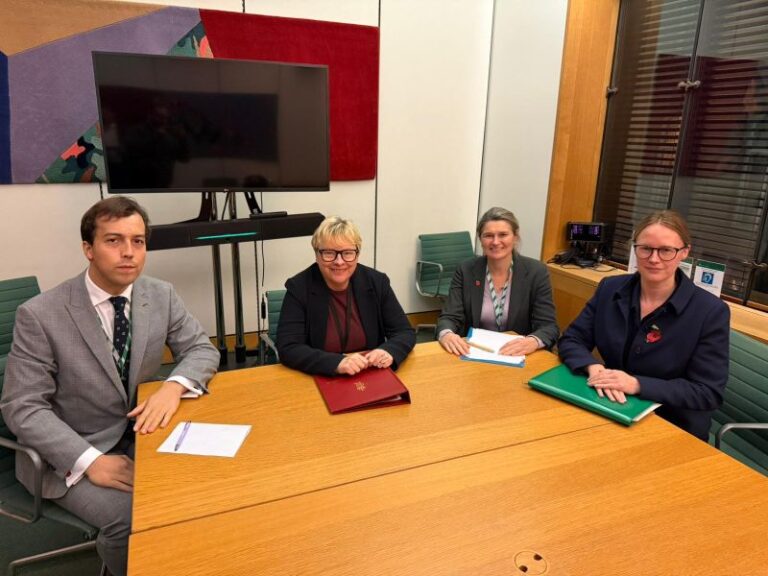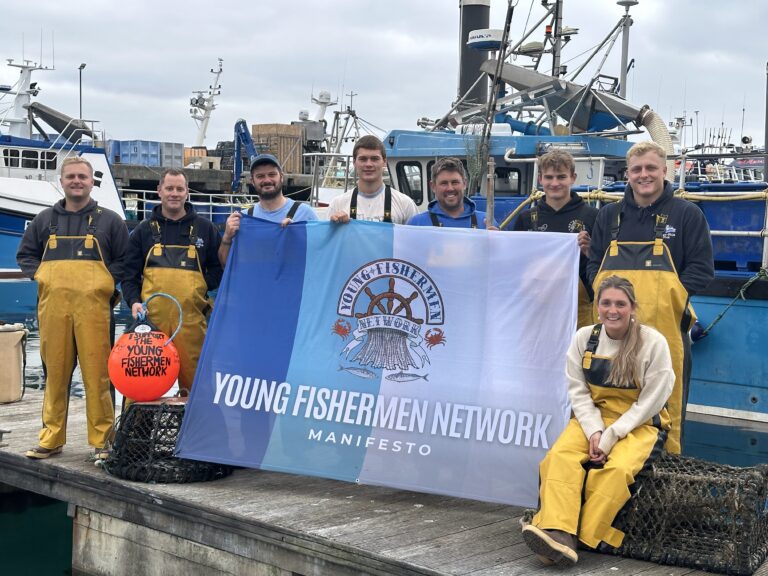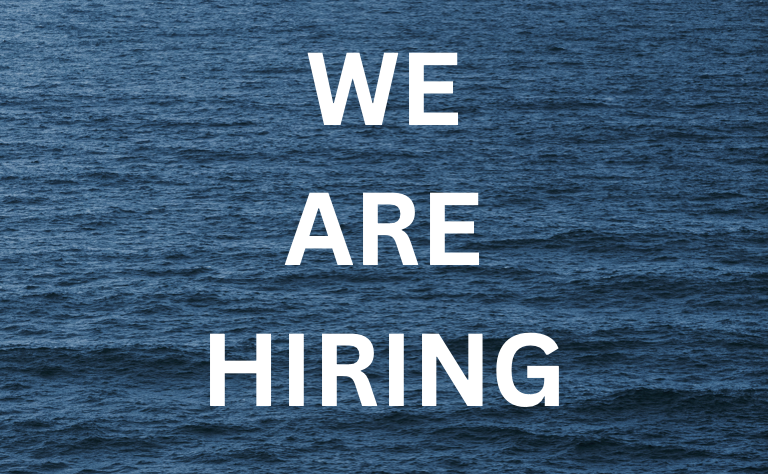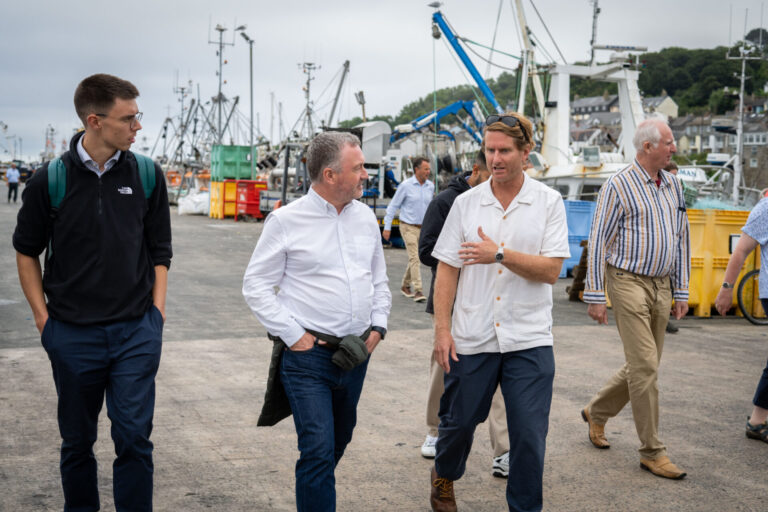CFPO Position Paper
March 2025
For the attention of:
UK Government Department of Environment, Food and Rural Affairs
This paper outlines what is at stake in the forthcoming TCA negotiations and proposes how improvements to the current deal could be obtained that would benefit the fishing sectors in both the UK and EU.
The Context
The UK/EU Trade and Cooperation Agreement was concluded on Christmas Eve 2020. Fishing rights were amongst the last items to be settled, indicating that they were a political priority for both sides.
In order to secure the wider benefits of a UK/EU trade deal the UK conceded a number of red lines on fisheries, including:
- Abandoning an exclusive 12-mile exclusive limit to cover UK coastal waters – which, broadly speaking is an international norm
- Agreeing to UK quota shares which although slightly increased for some stocks, failed to align with the principle of zonal attachment, leaving the gross mismatch through which throughout the period of the UK’s membership of the EU, EU fleets had taken the lions’ share of the catch in UK waters
The additional quota granted to the UK under the TCA, was not only a fraction of what the concept of zonal attachment would justify but was for a small number of species which for the most part brought limited economic advantage to the UK. It is not insignificant that zonal attachment is an international norm when allocating fish stocks which span more than one exclusive economic zone, and in fact has formed the basis of the EU’s own fisheries agreement with Norway that has stood for more than 40 years.
The UK’s ambitions in its negotiations with the EU were therefore not in the slightest bit outlandish, but were in line with international law (UNCLOS) and aimed to rebalance an asymmetric, exploitative, relationship between the UK and the EU on fisheries that had been in place since the UK joined the EEC in 1975.
In the 2020 negotiations, the EU naturally resisted this change which had brought the fishing industries in a range of EU member states so many benefits, that might otherwise expect to accrue to the UK.
Aside from conceding access rights to the EU, and quota shares that reflect historic patterns rather than the UK’s legal entitlement, the TCA is significant for important legal changes:
- The TCA means that both parties have regulatory autonomy within their respective EEZs. The UK is no longer subject to the Common Fisheries Policy (except insofar as it has voluntarily opted to retain elements of EU fisheries legislation) and the European Court of Justice. The powers to set quotas and manage fisheries in UK waters are now vested with UK ministers through the Fisheries Act 2020. The devolution settlement is dealt with through Joint Fisheries Statements
- Negotiations each autumn for an annual bilateral UK/EU fisheries agreement, which acknowledges the fact that many of the stocks fished in both UK and EU waters are shared, which requires a degree of common management particularly in setting total allowable catches
- Tonnage limits placed on the exploitation of some 200 non-quota stocks, some of which have high economic value and many which have low economic value. The tonnage limits (which have subsequently been found to be an unworkable concept) reflect the historic access that EU fleets have held to fish in UK waters.
Significance of 2026
The significance of 2026 is that the transitional arrangements in the TCA, covering reciprocal access rights to each other’s waters expire in June of that year. From 2026, reciprocal access will become part of the annual negotiations process. Importantly, the UK could after that date and with important caveats, seek to leverage additional quota from the EU in return for access for EU fleets to fish in UK waters. One important caveat is that within the terms of the TCA, if such a development was to result in socio- economic disadvantage to EU fleets, proportionate countermeasures may legally be taken by the EU, including the imposition of trade tariffs and possibly other disincentives.
Unfinished Business
6-12-mile limit
At present, under the TCA, UK vessels have the exclusive right to fish within the 0-6nm zone, whilst a list of named EU vessels are licenced to fish within parts of the UK 6- 12nm zone, including the south and southwest coast and Bristol Channel. Although the economic benefit of this access is limited (France, the main EU member state whose vessels fish in UK coastal waters, is estimated to take only around 1% of its catch within the UK 6-12nm zone), the presence of large EU vessels operating within this area impedes the sustainable management of a range of stocks of importance to the UK inshore fleets.
It is recognised internationally that an exclusive 12-mile limit is a prerequisite for the rational management of the vulnerable coastal zone. For this reason alone, it should therefore be close to the top of the UK’s priorities in the forthcoming UK/EU negotiations.
Quota Shares
The vast gulf between what the UK might reasonably expect under the principle of zonal attachment and its current shares under the TCA, and the difficulties faced because acute shortage of quota, ensures that this will remain as a potentially toxic issue between the UK and the EU into the future. Different governments may afford different political priority to the issue but it will not go away until something closer to equity is achieved.
EU Perspective
Understandably, given the stakes during the 2020 negotiations, the EU afforded high priority to maintaining the advantages that remaining EU member states had secured under the Common Fisheries Policy. The inbuilt advantage to the EU, in terms of automatic access to the UK’s EEZ (principle of equal access) and quota shares (principle of relative stability) meant that the EU invested large amounts of political capital in retaining the status quo. As a result, automatic access for EU fleets was maintained and a shift to quota shares more closely aligned with zonal attachment, was severely constrained in the TCA.
On the other hand, the UK now has regulatory autonomy reflecting sovereignty over UK waters. Over time measures adopted by the UK may impact on the operations of EU vessels fishing within the UK EEZ. Furthermore, there is potential in the annual bilateral negotiations for the UK to use access to the UK EEZ as leverage for additional quota. This potential for instability is a major concern to the EU, as is the scope for the UK to use its regulatory autonomy to constrain EU vessels fishing activities in various ways. (The referral of the UK’s prohibition for fishing for sandeels in UK waters to arbitration in the Hague will be a pivotal test case).
On fisheries, therefore, the EU might be expected to seek to:
- Secure guaranteed access to fish in UK waters for periods longer than one year
- Resist any attempt by the UK to revisit the quota allocation keys set in the TCA
- Obtain a more formal seat at the table as the UK develops its fisheries management plans as an alternative to EU retained law
Constituencies
Defra, under reserved powers will take the lead in the forthcoming negotiations but will be cognisant of the interests of the different constituent parts of the UK under the devolution settlement.
Likewise, the EU is not a unitary state, and especially in fisheries negotiations faces a challenge of coordinating the different interests within the member states. France, holding the greatest advantage from the status quo (both under the CFP and TCA) can be expected to lobby hardest for its interests. Ireland, which took the brunt of quota distribution despite being the member state which contributes most in terms of waters and resources, can be expected to remain disgruntled.
CFPO Perspective
Prior to the TCA negotiations, the UK fishing industry (National Federation of Fishermen’s Organisations and Scottish Fishermen’s Federation) agreed a set of high-level objectives:
- Reciprocal access and quota shares to be decided within the context of annual fisheries negotiations.
- Zonal attachment to be the guiding principle for quota shares
- The exercise of regulatory autonomy within the UK EEZ
- An exclusive 12-mile limit to protect coastal fisheries
- Minimise impediments to market access
We see no reason to revise those objectives as we approach the 2026 negotiations.
Non-Quota Species: Although there were good reasons to place limits on catches of non-quota species at the time the TCA was signed, the current regime based on tonnage limits for non-quota species is not fit for purpose and it is difficult to see how it could ever work, given the widely differing number of species and values concerned. Progress should continue to be made in designing and adopting multi-annual strategies for the most valuable stocks concerned, whilst the overall advantage that the EU obtains from catching non-quota species in UK waters should be priced into the negotiations on access.
Compromise
Negotiations are negotiations and realists recognise that opening positions are just that, opening positions, and that to secure a deal compromise by both parties will be required. It makes no sense to flag in advance where the UK might be willing to compromise to secure overall advantage but we can see a space for discussion where:
- Reciprocal access for EU fleets for a defined period longer than a year might be agreed in return for commensurate concessions
- Without sacrificing regulatory autonomy, a forum might be established for UK/EU discussions on a dynamic coordinated approach to fisheries management issues on which the EU has a privileged partnership position (possibly under the aegis of the Specialised Committee on Fisheries). Where domestic fisheries policy (UK fisheries management plans, dovetails with international obligations on the rational management of shared stocks is a vitally important – but so far largely untested area)
In return, the UK would be granted,
- An exclusive 12-mile limit, for those parts of the UK coast where this is important
- Without necessarily revisiting the TCA allocation keys, annual or multi-annual transfer of additional quota to the UK on those stocks where there is a demonstrable and acute shortage (for example where the landing obligation creates “chokes”
Broader Picture
Both the UK and the EU are committed to sustainable fishing and any agreement would naturally honour those principles. The changes in the marine environment from warming seawater temperatures requires, however, a much more agile regulatory response and understanding of the process in train than has been the case to date. Likewise, the potential for displacement of fishing activities arising from management measures within marine protected areas and the expansion of offshore renewables requires a level of effective cooperation and coordination, irrespective of regulatory autonomy.
At the same time, fishing policy is not immune or insulated from the changing political priorities across the UK, the EU and indeed across the globe. What is indisputable is that food security will remain a central priority and it is within this broader context that the forthcoming negotiations should be approached.
All this suggests that the UK/EU fisheries relationship requires a flexibility and a level of goodwill that is difficult to achieve whilst the UK remains trapped within a neo-colonial and exploitative relationship. Steps in the direction suggested above would:
- Afford the EU fleets greater security and a reasonable degree of influence over management measures in UK waters (without surrendering regulatory autonomy of sovereignty)
- Provide a stronger basis for sustainable fisheries management within the sensitive coastal zone
- Bring a degree of relief to those UK fisheries where quota shortages remain acute
- Lay the foundations for a stronger joint collaboration in facing significant management challenges ahead
Conclusion
It is not difficult to see the forthcoming negotiations as a zero-sum game. If, however, space can be identified through which both parties can emerge with something of significant benefit to them, the outcome could be judged a success that lays the foundation for a more stable, less toxic, and more flexible fisheries relationship.
